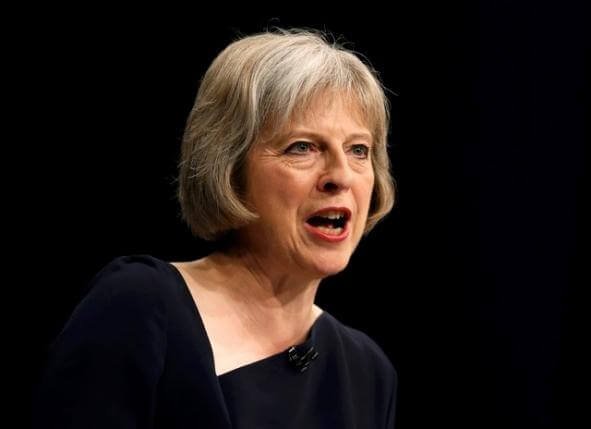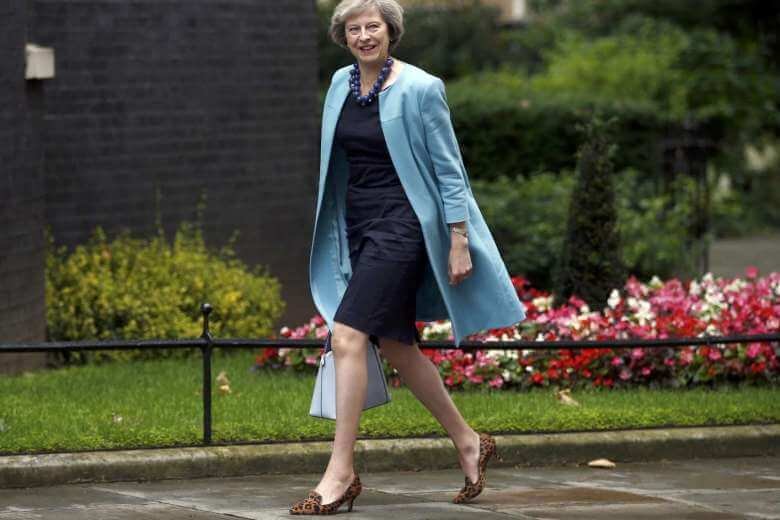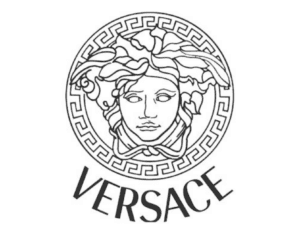Britain may be about to welcome its second woman prime minister but female politicians are still far from achieving equality with online abuse, objectification and misogyny plaguing British politics, a leading women’s rights group said.
Interior minister Theresa May is set to become prime minister on Wednesday, succeeding David Cameron, who announced he was stepping down after Britons unexpectedly voted last month to quit the European Union (EU).
May will become Britain’s first woman prime minister since Margaret Thatcher, after her only rival Andrea Leadsom abruptly terminated her leadership campaign on Monday.

While May’s appointment is a big step forward, achieving true equality for female politicians remains a challenge, Sam Smethers, chief executive of the Fawcett Society, said.
“We’ve got a very long way to go before women in politics are given a fair chance from the outset,” Smethers told the Thomson Reuters Foundation.
Only 29 percent of Britain’s members of parliament are women. The country ranks 39th in the world for female representation in parliament, behind Rwanda, Bolivia and Cuba, among others.

Smethers said she was disappointed by newspaper reports that focussed on May’s high heels and gender rather than her policies or capability as a prime minister who faces the task of steering Britain’s withdrawal from the EU.
Here is how The Sun is covering the UK’s new Prime Minister, Theresa May pic.twitter.com/PAifc2ybek
— Liam Stack (@liamstack) July 12, 2016
“While they’re all being objectified and undermined and ridiculed in that way, they’re never going to be heard in the same way as men – they’re always going to be battling for their right to be there [in politics],” Smethers said.
Campaigner Laura Bates, who runs the Everyday Sexism website, wrote in an opinion piece: “This kind of meaningless, sexist commentary takes valuable attention away from what we should be concentrating on.”
The focus on May’s shoes has attracted widespread criticism on social media platforms such as Twitter and Facebook.
I’m no fan of Theresa May but the comments the media is making about her ” clothes & shoes & warm personality” are blatantly sexist.
— John Fayne-Cleaver (@johnfaynec) July 12, 2016
I wonder what shoes #TheresaMay is wearing today… said nobody, ever. pic.twitter.com/qXQS2Bnyuq
— Natasha Carter (@NatashaCarter) July 12, 2016
Oh c’mon guys, it’s 2016 Britain and you’re in for another female PM… Cut the sexist crap? #TheresaMay pic.twitter.com/4QuWEGbzxX
— Anna Pujol Mazzini (@annapmzn) July 12, 2016
The Sun’s front page is pretty sexist. Why must a woman’s clothes and shoes be the focus? #TheresaMay pic.twitter.com/OIdifgiKPd
— Nick Lyes (@nicholaslyes) July 12, 2016
Appalled at the number of sexist clichés I’ve read in articles on #TheresaMay
— Hélène Bauer (@helenevbauer) July 13, 2016
if I hear another comment about Theresa May’s shoes, I might puke on my own. It’s 2016. Women wear shoes. Sometimes, they are nice.
— Diaa Hadid ضياء حديد (@diaahadid) July 13, 2016
Do Theresa May’s shoes have their own account? They should. Get on it, Twitter. pic.twitter.com/D3ZREMNz90
— Chip Rolley (@ChipRolley) July 12, 2016
I don’t like #TheresaMay one little bit, but can the media please get over the fact she wears SHOES. Patronising, sexist & boring. Move on.
— Rachel Clare (@raquelle) July 12, 2016
Interesting how sexist the media is by describing @TheresaMay_MP as queen of the kitten heel ! No 1 said @BorisJohnson King of the bad suits
— Jon Thompson (@JohnnyFocal) June 30, 2016
Media is paying extra attention to #TheresaMay‘s shoe collection. They wont bother about what kind of shoes a male Prime Minister would wear
— MadUnelectableBrumby (@brumbyOz) July 13, 2016
Smethers said the sexism female politicians face was “completely corroding” British politics, and could potentially prevent many women from becoming politicians.
“We need to have a unified voice where women and men stand up and say they will not tolerate this kind of abuse … We should name misogyny for what it is,” she said.
Being in a position of influence means female leaders must continue to push for women’s rights, close the gender pay gap and tackle domestic violence, Smethers said.
“Let’s use the post-Brexit world that we’re in so make sure there’s absolutely no going back on women’s rights.”
(Feature Image Source: Reuters)

















